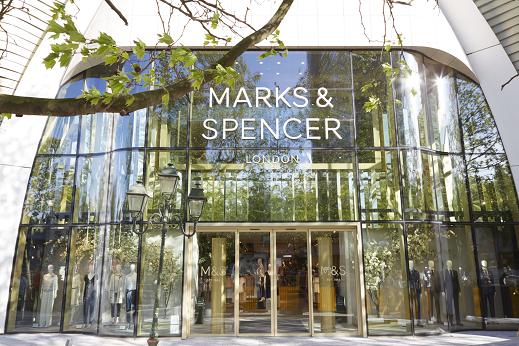Primark’s year-on-year sales fell 24 per cent over the summer, which the discount retailer attributed to the impact of the “pingdemic”.
Primark said it retained its relative share of the clothing market, despite issues such as bad weather, the Euros football tournament, and widespread self-isolation hurting its overall sales.
The fall coincides with the slowdown in sales experienced by the wider UK retail industry; sales fell by 2.5 per cent in July, the largest fall barring lockdown periods since 2010.
Year-on-year sales for the third quarter to 19 June rose 3 per cent, but sales are expected to fall 17 per cent in the fourth quarter to 18 September.
In addition, Primark’s owner Associated British Foods (ABF) expects Primark to fall victim to supply chain issues as the year progresses and to experience “some delays to the handover of some autumn/winter inventory caused by port and container freight disruptions".
However, ABF expects its grocery sales to exceed last year, as a result of the strong performance of its Twinings and Ovaltine drinks businesses.
“For now, Primark is still firing on all cylinders and its robust operating model meant even the pingdemic, which dented summer sales, didn’t prove the bump in the road to veer off course,” said Susannah Streeter, senior investment, and markets analyst at financial services group Hargreaves Lansdown. “The company though is not immune to supply chain issues, with delays to the handover of autumn winter inventory caused by port disruptions.”
She added: “That’s led to concerns trading for the upcoming year might not be as smooth.”
Latest News
-
Asda to outsource George online fulfilment to DHL as union warns of 1,200 jobs at risk
-
Boots brings wellness zones to its stores
-
L’Oréal to ‘invest $383m’ in Indian beauty tech hub
-
Amazon announces 30-minute delivery service for Londoners
-
JD Sports modernises inventory management with RFID
-
DFS announces new CFO following strong financial results
Beyond Channels: Redefining retail with Unified Commerce
This Retail Systems fireside chat with Nikki Baird, Vice President, Strategy & Product at Aptos will explore how unified commerce strategies enable retailers to tear down these barriers and unlock new levels of operational agility and customer satisfaction.
The future of self-checkout: Building a system that works for consumers and retailers
In this webinar, industry leaders discussed what the future of self-checkout looks like and how retailers can make the technology work for everyone.
© 2024 Perspective Publishing Privacy & Cookies










Recent Stories